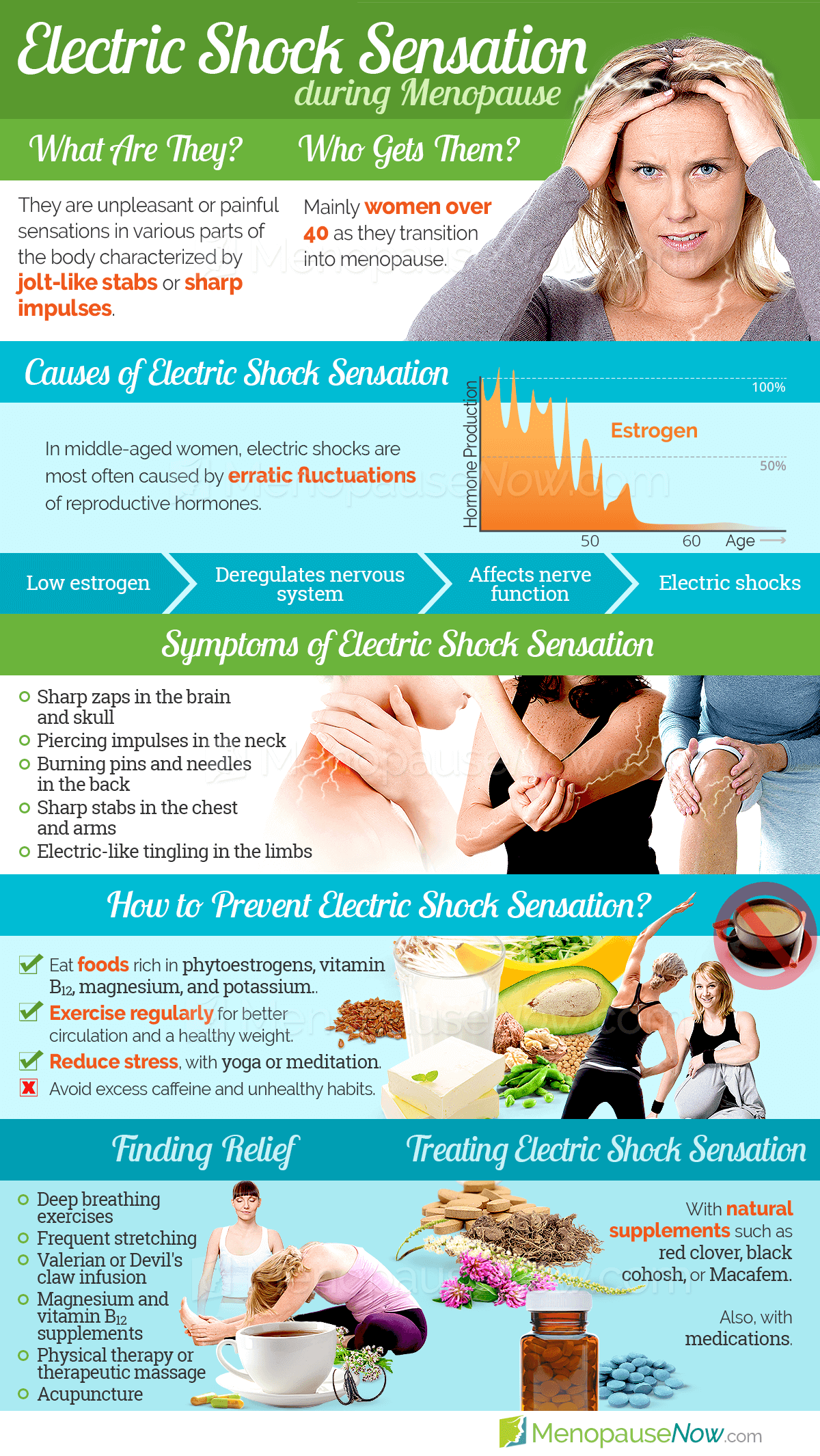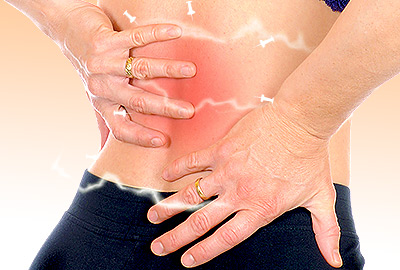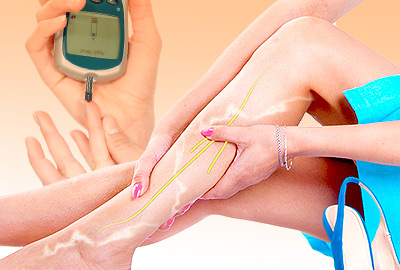Many women experience electric shock sensations during menopause. These electric shocks can affect the head and the inner layers of the skin. This menopause symptom may occur on its own or it may precede a hot flash, a sudden and intense feeling of heat in the body.
While researchers are trying to better understand this menopause symptom, some evidence suggests that sensations of electrical shocks are the result of hormone fluctuations during menopause, as estrogen directly affects the nervous and cardiovascular systems. Read on to discover the definition, symptoms, causes, and treatment options for electric shocks during menopause.
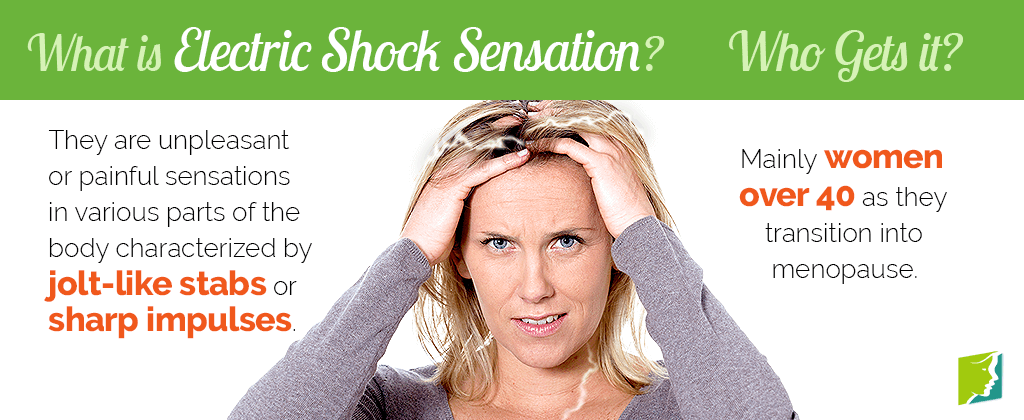
About Electric Shocks
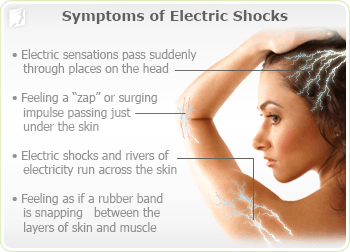
Sensations of electric shocks during menopause are often described in the manner shown at the right.
These sensations are often brief. Many women report that electric shocks occur just before a hot flash episode. In order to better understand this strange symptom of menopause, it may help to understand the function of electrical impulses in the body and the effect of menopause-related hormonal changes on the nervous system.
Electricity and the body
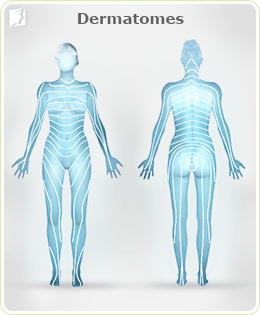
In the late 1700s, Italian anatomist Luigi Galvani discovered scientific evidence of a bioelectric force within living tissue. Since this breakthrough discovery, several scientists have proposed theories about electricity in the human body. In modern day, it is known that electrical impulses in the central and peripheral nervous systems are sent from one nerve to another with the help of electrically-charged salts passing through ion channels.
Because the body uses electrical impulses as a signalling mechanism, physiological disturbances that occur during menopause can result in abnormal electrical sensations. Read on to learn more about the causes of electric shocks during menopause.
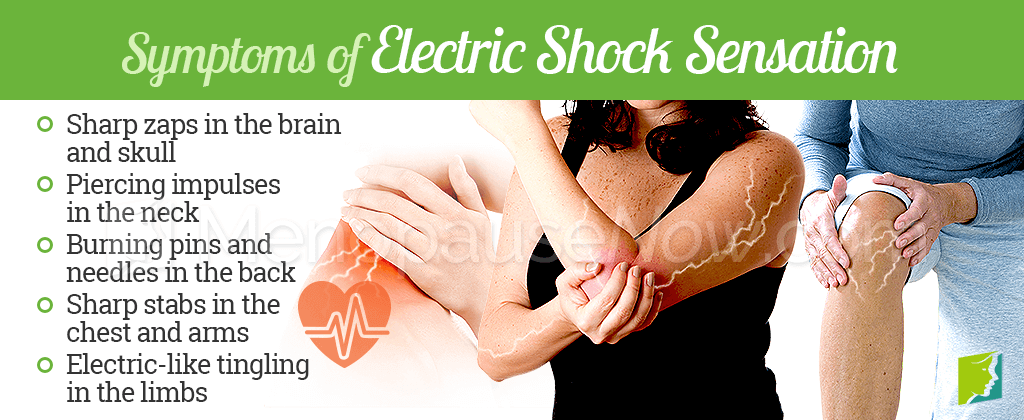
Causes of Electric Shocks
During menopause, hormonal fluctuations have a direct effect on the nervous system. Changing levels of estrogen - one of the main reproductive hormones whose levels can become unbalanced during menopause - can affect the nerve tissue, potentially causing women to feel sensations of electric shocks. Some researchers postulate that misfiring of the neurons in the nervous system may be responsible for feeling electrical shocks during menopause.
Hormone imbalance during menopause can also disturb the hypothalamus in the brain, producing vasomotor symptoms such as hot flashes. Electric shocks in menopause are often experienced as a precursor to hot flash episodes.
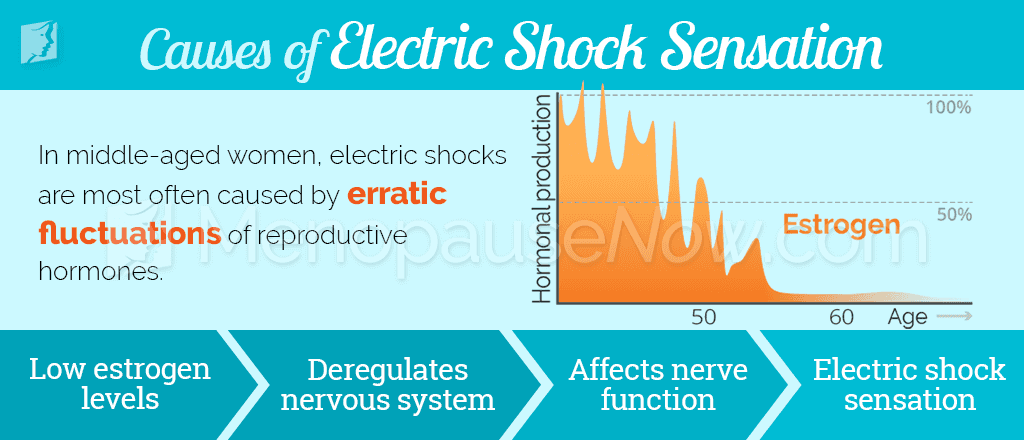
Electric Shocks Treatments

As with all symptoms of menopause, three routes of treatment are available, ranging from lifestyle changes to prescription medicine. Women generally begin with the least aggressive approach to treatment, moving to other approaches only if relief is not achieved through these methods. Lifestyle changes are often the first step in managing menopause symptoms, including electric shocks.

Natural Nervous System
- Support Vitamin B complex
- Vitamin E
- Calcium
- Potassium
- Herbal supplements
While lifestyle changes can produce positive change for women experiencing menopause symptoms, these approaches do not treat the underlying hormonal causes. Fortunately, alternative therapies can directly address the problem of hormonal imbalance safely and effectively, helping to successfully treat electrical shocks during menopause. Many women find a combination of lifestyle changes and alternative medicines are the best way to manage menopause symptoms.
Click on the following link to learn specific treatments for electric shocks, which begin with lifestyle changes, move onto alternative medicines, and finally, if those options do not seem to help, medications. The most effective treatments typically combine lifestyle changes and alternative medicines.
Sources
- Goodwin, J. (2012). What Causes Hot Flashes, Anyway? Retrieved April 27, 2016, from http://consumer.healthday.com/women-s-health-information-34/estrogen-news-238/what-causes-hot-flashes-anyway-663671.html
- Office on Women's Health. (2012). Menopause and menopause treatments fact sheet. Retrieved April 27, 2016, from http://www.womenshealth.gov/publications/our-publications/fact-sheet/menopause-treatment.html

